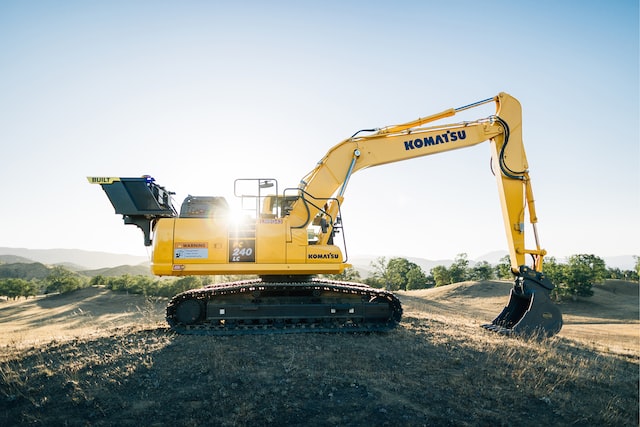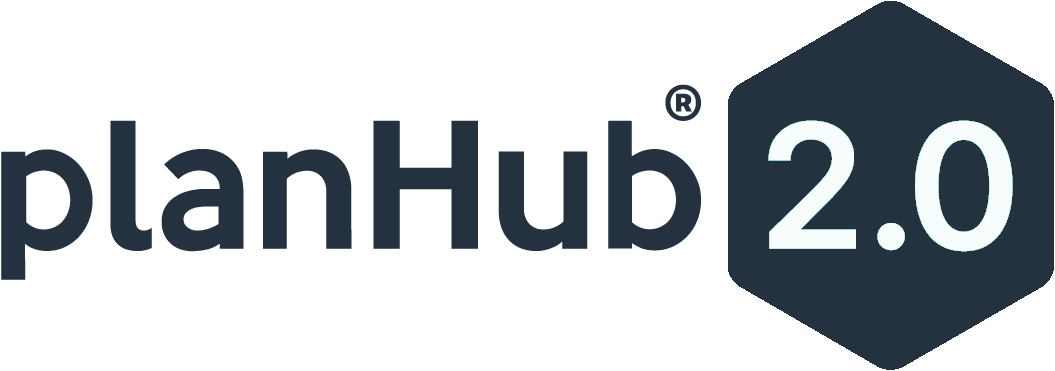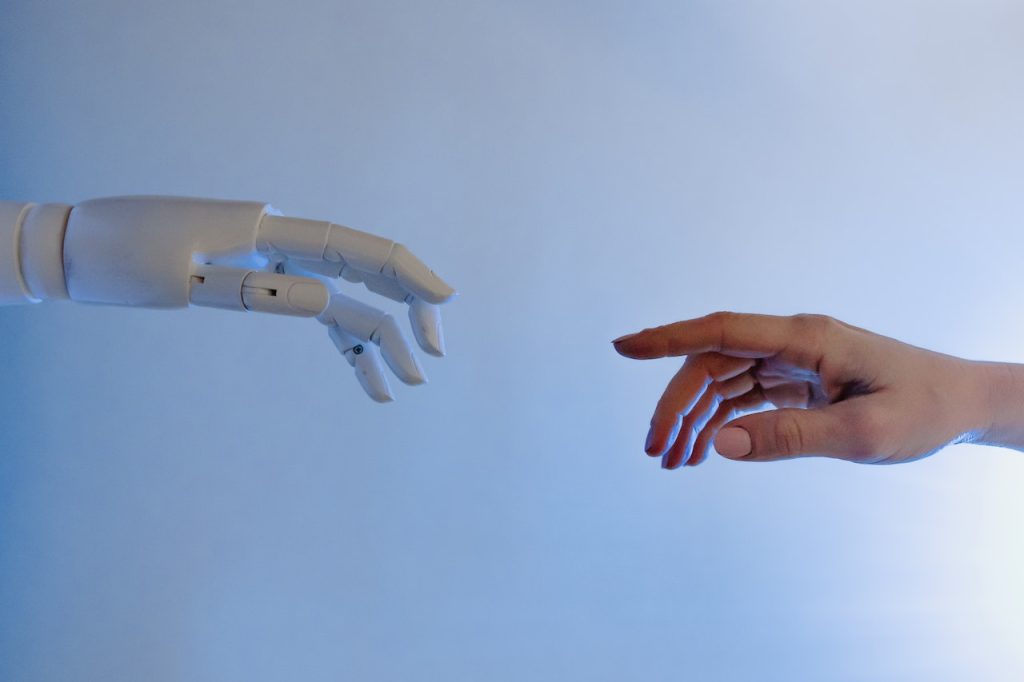- Jesel Silva
Each year technology becomes more prevalent in our lives. In many industries it has been changing the way we work for decades. Yet the construction industry seems to be slow to adopt these new technologies. For example, many contractors still use spreadsheets and rulers to perform material take-offs, when there are more accurate electronic ways to get the same information.
A study published in the Journal of Building Engineering in 2021 looked at the current state of the use of artificial intelligence (AI) in the construction industry. It also looked at the challenges and limitations of the technology in this industry.
What is Artificial Intelligence and Machine Learning in Construction?
Artificial Intelligence (AI) and Machine Learning (ML) in construction refer to the integration of advanced technologies to enhance various facets of the construction industry. AI involves the development of intelligent systems capable of performing tasks that traditionally require human intelligence, while ML focuses on enabling machines to learn from data and improve their performance over time without explicit programming. In construction, AI and ML applications range from project planning and management to predictive analytics, enabling the analysis of vast datasets to optimize decision-making processes. These technologies contribute to improved efficiency, resource allocation, and risk mitigation, ultimately revolutionizing the way construction projects are planned, executed, and monitored.
AI in Construction
AI in construction is revolutionizing the industry by introducing innovative solutions and improving various aspects of construction processes. In the construction industry, artificial intelligence (AI) plays a pivotal role in enhancing efficiency and productivity. AI in construction management has become increasingly prevalent, offering tools and systems that streamline project planning, scheduling, and resource allocation. By utilizing AI in construction, project managers can optimize decision-making processes, anticipate potential challenges, and enhance overall project coordination.
The integration of AI in the construction industry extends beyond project management, encompassing various applications such as design optimization, risk assessment, and cost estimation. Machine learning algorithms analyze vast amounts of data, enabling the identification of patterns and trends that can inform better decision-making. This data-driven approach enhances accuracy in predicting project timelines, reducing delays and cost overruns.
Moreover, using AI in construction facilitates the implementation of smart construction technologies, including robotics and autonomous equipment. These technologies contribute to increased safety on construction sites and improved precision in tasks such as excavation, concrete pouring, and structural assembly.
The utilization of AI in construction is transforming the industry, offering a multitude of benefits ranging from improved project management to enhanced safety measures. As technology continues to advance, the integration of AI in construction will likely play a crucial role in shaping the future of the built environment.
What does artificial intelligence in construction look like?
Artificial intelligence has several faces in the construction industry. It has the capability to assist in all phases: planning, design, construction, and post-occupancy. Here’s how it’s making its presence known in the industry.
Machine learning
Machine learning uses experience and past data to predict outcomes without needing additional programming. The software has the capacity to notice patterns and “learn” from them, so it knows what to look for next time.
Planning and scheduling
AI applications can select and sequence actions to meet a goal (planning), as well as allocate time and resources to those actions based on the amount available (scheduling).
Robotics
Robots are being used to construct materials, components, and even whole buildings. The modular construction sector is growing rapidly as the industry becomes more aware of its flexibility in design.
Machine decision-making
Along with machine learning, AI is allowing software to not only analyze data but make decisions based on the predictable outcomes from a specific action. This allows project teams to make decisions faster and with a greater degree of certainty.
Decision optimization
AI also provides an opportunity to make the best decisions with a specific set of constraints.
Challenges in AI Use in Construction
- The construction industry has a history of being slow to adopt technology and even holds the illustrious title of being one of the slowest at incorporating it. There may be several reasons for this reluctance. For one, due to the risky and costly nature of most projects, unproven tech is often not used. Also, since every construction project and site is unique, the value of data collected from one project is limited, unless the AI solution can adapt to a changing environment. And there is a lack of trust in solutions that don’t explain why a certain decision or prediction was made.
- AI systems and data are particularly vulnerable to cyber-attacks. Even small mistakes in data can lead to costly or critical errors on a project that could endanger the life and health of building occupants and construction workers. Also, due to the high cost of projects, contractors and project owners are vulnerable to financial phishing scams and hackers that could manipulate the data for their benefit.
- The much-documented skilled labor shortage in the industry prevents companies from implementing new technologies when they are primarily focused on completing the work in front of them. According to Associated Builders and Contractors, the industry needs to recruit an additional 540,000 workers on top of the normal pace to meet the need in 2023. The more that AI solutions are adopted, there will be an increasing need for AI engineers who have construction experience. This very small population of candidates is going to be hard to find and there will be a great deal of competition in attracting them.

Limitations in AI Use in Construction
- Companies will be limited in their use of AI based on the availability of electricity, computing power, and connectivity. Since some projects take place in areas that are not well connected, it can be difficult to access the software needed to perform these AI functions. These tools require electricity and a connection to the cloud to access shared data and perform calculations. Without these fundamental connections these tools aren’t nearly as powerful. The rise of 4G and 5G communications systems have improved the connectivity issue in many areas.
- There’s no getting around the high cost of purchasing and implementing AI technologies. Robots for the construction industry can cost in the millions of dollars. Software programs with machine learning and automation features may be priced out of reach for smaller companies. Until these tools become more affordable, many companies will be unable to adopt them, even if they would save them money in the long run.
Before AI can be more widely accepted and used in the construction industry, it must address these challenges and limitations. Only time will tell if it has the capability to do so. Meanwhile, small numbers of contractors will continue to test and improve these tools, and reap the benefits of this brave new world we now live in.
AI in Construction Examples
- Predictive Analytics
- Autonomous Vehicles and Robotics
- Intelligent Monitoring Systems
- Virtual Reality (VR) and Augmented Reality (AR)
- Natural Language Processing (NLP)
How is AI used in construction?
AI is revolutionizing the construction industry through diverse applications. Predictive analytics, powered by machine learning, analyzes historical data to forecast potential delays and resource constraints, empowering project managers to proactively address issues. In construction scheduling, AI systems optimize timelines by considering variables like resource availability and weather conditions, enabling real-time adjustments and minimizing delays. During the design phase, AI-driven software generates optimized layouts and proposes innovative structural solutions, accelerating the design process and improving overall project quality. Robotics and autonomous machinery, guided by AI, enhance precision, reduce labor costs, and bolster safety on construction sites. Building Information Modeling (BIM) systems, enriched by AI, facilitate collaborative project management by identifying clashes in design early on. In summary, AI in construction streamlines processes, improves decision-making, and contributes to safer, more efficient projects, shaping the industry’s future.
In summary, the incorporation of artificial intelligence in construction, particularly in construction scheduling, represents a groundbreaking advancement within the industry. The utilization of AI in construction scheduling allows for more efficient project timelines and resource management. The strategic implementation of AI in construction processes not only enhances project management but also contributes to smarter decision-making through data-driven insights. As the construction sector increasingly recognizes the benefits of AI, its application in scheduling becomes a pivotal tool for optimizing workflows and addressing complex challenges. The judicious use of AI in construction scheduling is reshaping industry norms, paving the way for more streamlined and intelligent project execution.



